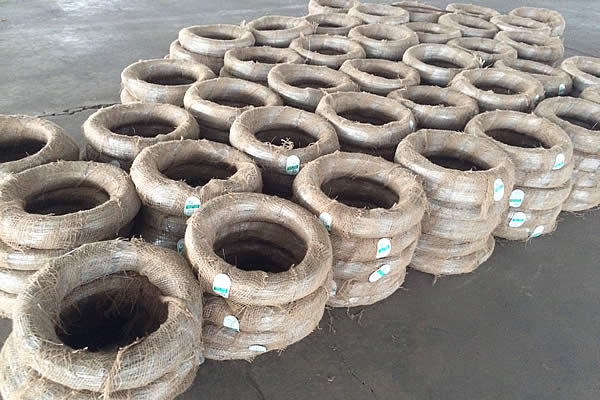 TEL:
+86-13102802206
TEL:
+86-13102802206
 Email:
fencenetting@china.com
Email:
fencenetting@china.com
 Language
Language
 TEL:
+86-13102802206
TEL:
+86-13102802206
 Email:
fencenetting@china.com
Email:
fencenetting@china.com
 Language
Language


The Versatility of Iron Cord Wire
Iron cord wire, a strong and robust material, has become an essential component in various industries and applications ranging from construction to crafts. Its adaptability and durability make it a favored choice among engineers, builders, and DIY enthusiasts alike.
What is Iron Cord Wire?
Iron cord wire is essentially wire that has been manufactured from iron or steel, crafted into a thin, flexible, and long strand. It comes in several gauges, allowing users to select the appropriate thickness for their specific needs. The wire’s inherent strength is complemented by its ability to be molded and twisted into various shapes, which enhances its utility across multiple sectors.
Applications in Construction
In the construction industry, iron cord wire is frequently utilized in structural reinforcements. It plays a vital role in tying rebar together, ensuring that concrete structures are solid and can withstand loads. The tensile strength of iron wire has proven crucial in providing stability for buildings, bridges, and highways. Moreover, its resistance to corrosion when coated or treated makes it suitable for outdoor applications, where environmental factors could otherwise depreciate structural integrity.
Use in Agriculture
In agricultural settings, iron cord wire serves a multitude of purposes. Farmers utilize it for fencing to protect crops and livestock from intruders, thus ensuring a secure perimeter. It is also used in trellising plants, providing necessary support that helps in growth and development. The adaptability of iron wire allows it to be fashioned into different shapes and forms, making it an invaluable resource for farmers and gardeners alike.
Crafting and DIY Projects

Beyond its industrial applications, iron cord wire has gained popularity in the crafting community. Artists and crafters appreciate its flexibility and strength, enabling them to create intricate designs and functional pieces. Jewelry makers often use thinner gauges of iron wire to create unique pieces, while home décor enthusiasts may incorporate it into wall art, sculptures, and furniture design.
DIY enthusiasts can also find a plethora of uses for iron cord wire in their projects. From creating custom hooks and hangers to constructing garden trellises and arches, the possibilities are virtually limitless. It lends itself well to creative endeavors, enabling individuals to personalize items while maintaining structural integrity.
Benefits of Using Iron Cord Wire
One of the most appealing aspects of iron cord wire is its cost-effectiveness. Compared to other metals, iron is relatively inexpensive, making it an attractive option for both large-scale projects and smaller craft undertakings. Additionally, the availability of various gauges allows users to choose the one that best fits their needs without breaking the bank.
Moreover, iron cord wire boasts excellent malleability and ductility. This means it can be bent, twisted, and shaped without losing its strength, which is particularly beneficial in applications where precise formation is necessary.
Challenges and Considerations
While the benefits are numerous, it is important to consider potential downsides. Iron cord wire is prone to rusting and corrosion if exposed to moisture over time. Therefore, protective coatings or treatments are recommended for outdoor use.
Conclusion
Iron cord wire is a versatile and indispensable material in many realms. Its strength, flexibility, and cost-effectiveness make it suitable for a wide range of applications, from construction to crafting. As industries and creative sectors continue to evolve, the significance of iron cord wire will likely remain, adapting to meet new challenges and opportunities alike. Whether you are a builder, a farmer, or a craftsperson, this robust wire can be a valuable addition to your toolkit, enabling a myriad of possibilities.